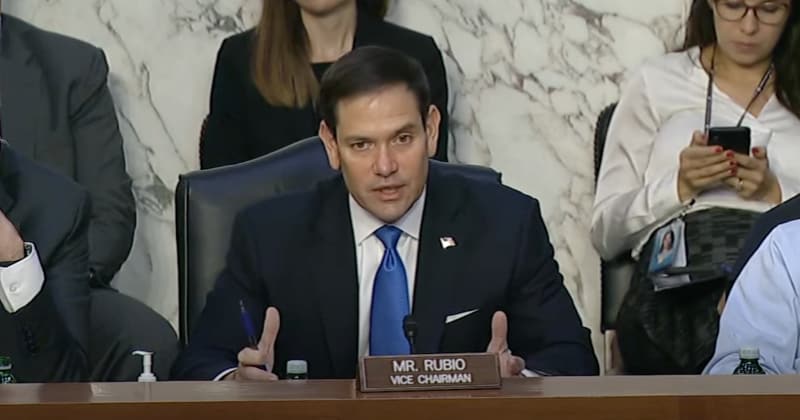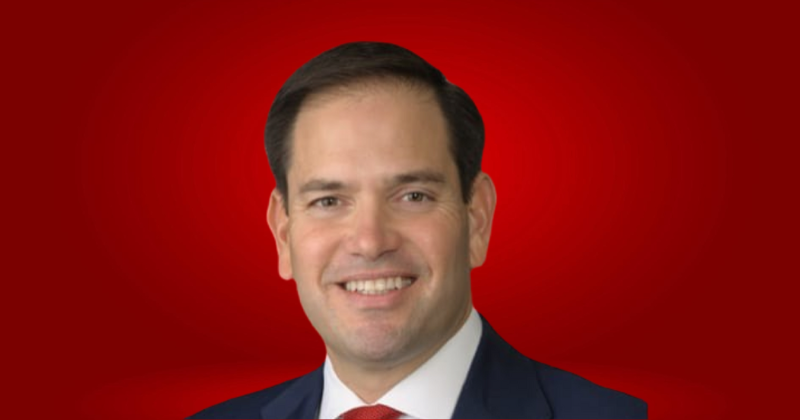At the end of last week, U.S. Sen. Marco Rubio, R-Fla., brought back the “Fair Trade with China Enforcement Act,” insisting it will “safeguard American assets from Chinese influence and possession and help to blunt China’s tools of economic aggression.”
Rubio has been pushing the bill for three years now. The bill would stop the “sale of national security-sensitive technology and intellectual property to China” and raise taxes “on multinational corporations’ income earned in China at a rate similar to the lost value of stolen IP and technology.” Rubio’s proposal would also ensure the federal government and its contractors do not do business with companies connected to the Chinese regime, including Huawei and ZTE.
On Friday, Rubio weighed in on his proposal.
“The Chinese Communist Party is constantly taking aggressive action to undermine our economy and hurt American workers,” Rubio said. “It is more important now than ever that we fight back against Beijing’s malicious efforts to sabotage America’s economic and national security. How we respond to the growing threats posed by the CCP is the single most important geopolitical issue of our time and will define the 21st century.”
U.S. Sen. Josh Hawley, R-Mo., is co-sponsoring the proposal which was sent to the U.S. Senate Finance Committee. So far, there is no companion proposal in the U.S. House.
Reach Kevin Derby at kevin.derby@floridadaily.com.













Pingback: Bill Introduced to Prevent Companies with Chinese Owners from SBA Benefits - GovConBrief